Photo
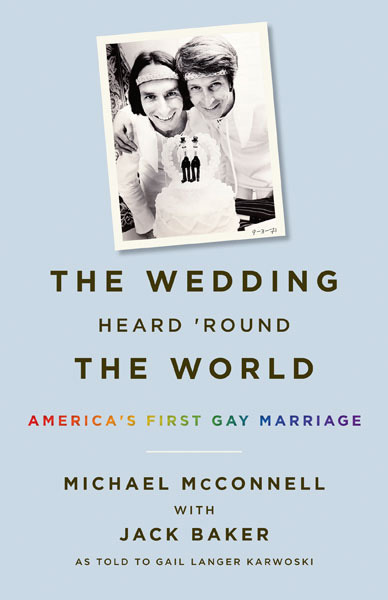
On May 18, 1970, Michael McConnell and Jack Baker applied for a marriage license in Minneapolis, an event that generated significant publicity. They were denied but launched a legal challenge.
Repercussions for their marriage license application were immediate: Michael’s job offer at the University of Minnesota was rescinded, leading him to wage a battle against job discrimination with the help of the Minnesota Civil Liberties Union.
Both issues ultimately reached the U.S. Supreme Court in two landmark cases.
This remarkable story is told in their new book, The Wedding Heard ‘Round the World, for the first time—a unique account of the passion and energy of the gay liberation movement in the sixties and seventies
A discussion with McConnell and Baker will take place at noon on Friday, October 7 in the William G. McGowan Theater of the National Archives in Washington, DC. It will also be available via YouTube.
Click here for further information about this event.
75 notes
·
View notes
Text
Disclaimer
Wow, I just logged into Tumblr for the first time in like a year, and there has still been activity and new followers on this blog in the last month!
So, as an FYI to new (and old) followers: I ran out of capacity to maintain this blog. I hope to have time and energy to commit to it again someday, but I have no idea when that will be.
Until then, I’ll leave the blog up a resource. Thanks to everyone who has shown this project love, and kudos to everyone out there doing LGBTQ public history in digital or analogue space!!! <3 <3 <3
1 note
·
View note
Link
#digital history#lgbtq history#lgbt history#queer history#online collections#Primary Sources#dallas#texas
8 notes
·
View notes
Video
youtube
Susan Stryker’s lecture “Christine in the Cutting Room: Cinema, Surgery and Celebrity in the Career of Christine Jorgensen”
22 notes
·
View notes
Link
A decade-long legal battle waged by the LGBT community reached an anti-climax on Dec. 11, 2013 when the Supreme Court outlawed gay sex by upholding the colonial-era Section 377 of the Indian Penal Code.
52 notes
·
View notes
Link
19 notes
·
View notes
Text
shout out to everyone who doesn’t have a super identity-supportive family to be around this thanksgiving. shout out to everyone who’s going to have to endure a day of incorrect pronouns, birth name usage, heternormativity, and cisnormativity. i love you. please take care of yourself.
54K notes
·
View notes
Video
youtube
Response to the murders of Harvey Milk and George Marscone, from "The Times of Harvey Milk."
#video#documentary#YouTube#LGBT History#public history#queer history#san francisco#Harvey Milk#Castro#protest#George Marscone#multimedia#digital history#digital humanities#lgbtq activism
0 notes
Link
2 notes
·
View notes
Photo
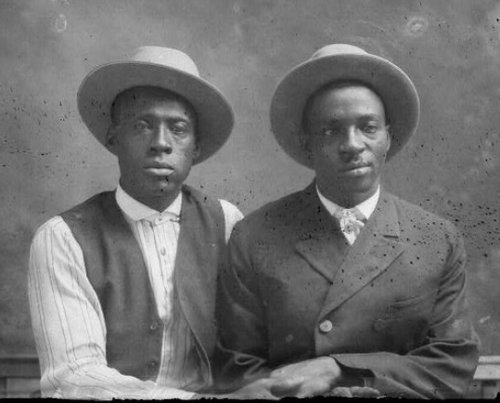
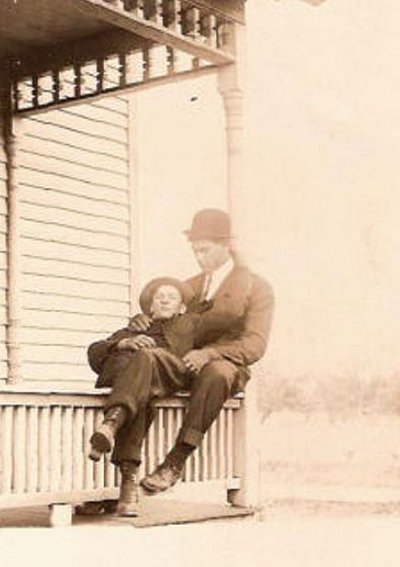
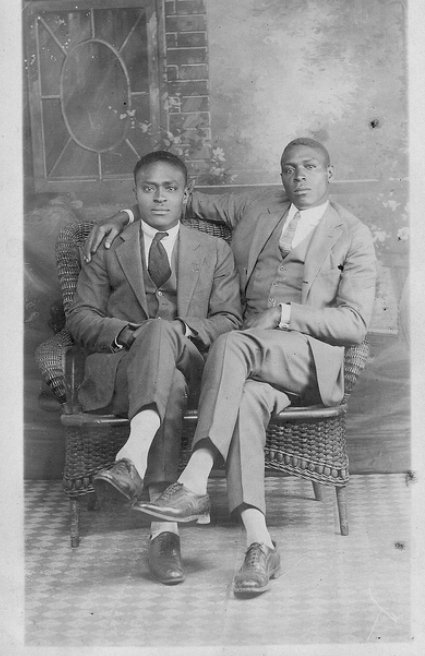
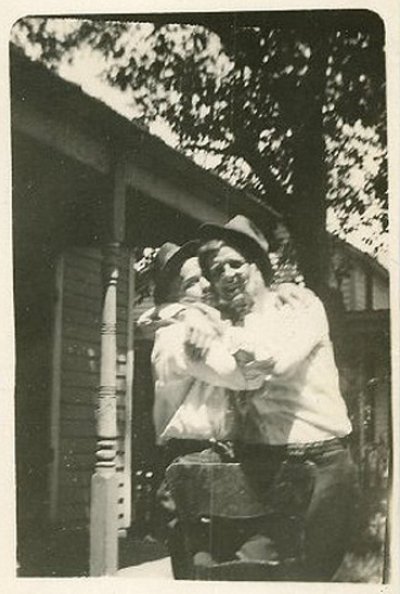
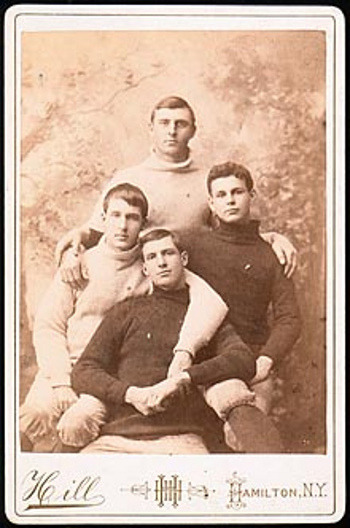
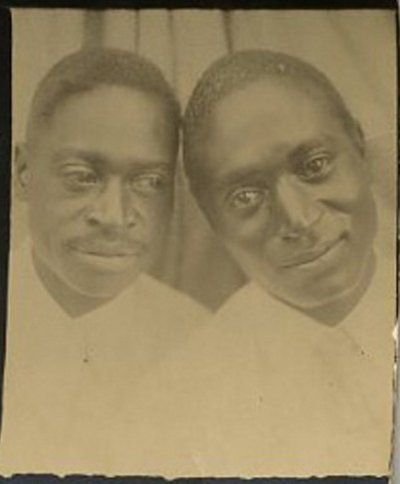
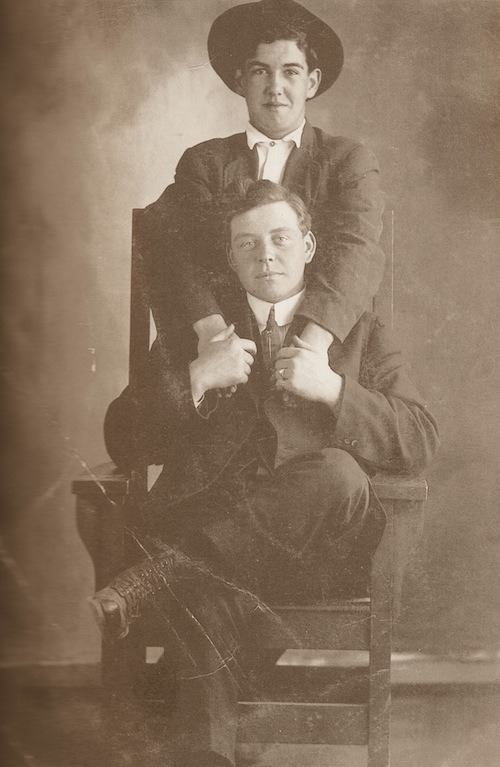
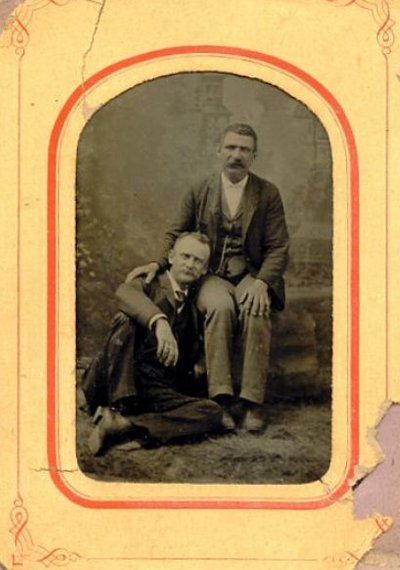
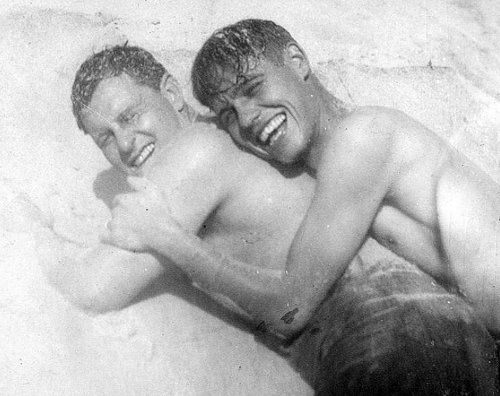
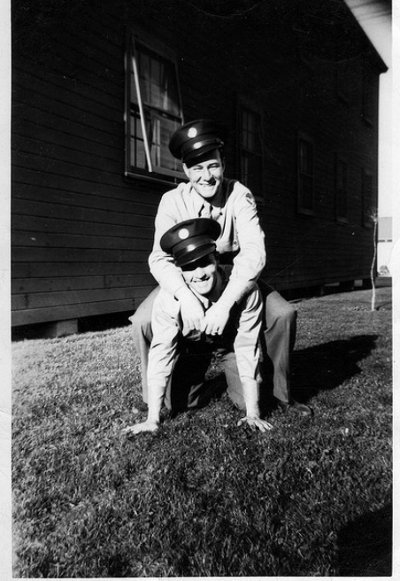
The term “homosexuality” was in fact not coined until 1869, and before that time, the strict dichotomy between “gay” and “straight” did not yet exist. Attraction to, and sexual activity with other men was thought of as something you did, not something you were. It was a behavior — accepted by some cultures and considered sinful by others.
But at the turn of the 20th century, the idea of homosexuality shifted from a practice to a lifestyle and an identity. You did not have temptations towards a certain sin, you were a homosexual person. Thinking of men as either “homosexual” or “heterosexual” became common. And this new category of identity was at the same time pathologized — decried by psychiatrists as a mental illness, by ministers as a perversion, and by politicians as something to be legislated against. As this new conception of homosexuality as a stigmatized and onerous identifier took root in American culture, men began to be much more careful to not send messages to other men, and to women, that they were gay.
Bosom Buddies: A Photo History of Male Affection
624 notes
·
View notes
Link
Here are just a few of the reasons we need LGBT history taught in our schools and remembered in our daily lives.
Queer Public History and others who contributed to #quistory matters are quoted in this. Thanks quistapp! What beautiful and important reasons to study queer history.
#queer#queer history#lgbt#lgbt history#lgbtq#news article#magazine#digital media#digital humanities#shoutout#quist#quistory matters#lgbt history month
125 notes
·
View notes
Link
A National Park Service project has identified hundreds of potential LGBT sites across America that could someday win federal landmark status — and that’s just the tip of the iceberg.
#queer history#lgbt history#lgbtq history#queer#lgbt#lgbtq#NPS#National Park Service#historic preservation#public history#National Historic Landmarks
59 notes
·
View notes
Text
Learn Your Queer History #2: Facebook!
Welcome back to Learn Your Queer History, where I highlight internet resources on queer and LGBT history. Today I social media-network-hop to bring you a post I've been planning for a very long time: a masterpost of as many Facebook pages on LGBTQ history as I can find. Why Facebook? Because Facebook is still the largest social network site, it is the one that makes most sense for organizations like small queer archives and museums to tap into. It gives them the most bang for their buck (or hours), so that's where all the cool kids small organizations are.
I have tried to organize this list so that the most active pages are at the top. It's amazing how many small, local archives and organizations you can find once you start looking, so scroll down to see if there is one near you! Even if it doesn't post very often, maybe it's a place you could visit or even volunteer. I'm sure there are so many more sites, so let me know what pages you follow on Facebook!
Lesbian and Gay Archives Roundtable of SAA (Society of American Archivists)
The GLBT Historical Society (San Francisco)
ONE National Gay & Lesbian Archives (Los Angeles, national scope)
Lesbian Herstory Archives (New York City, national scope)
Outhistory.org
Preserving LGBT Historic Sites in California
Queer History Headquarters
Committee on LGBT History (California)
Lambda Archives of San Diego
The LGBT Educational Archives Project (Albuquerque)
Visual AIDS
Latino GLBT History Project
Tretter Collection (University of Minnesota)
Transgender Oral History Project - Tretter Collection, UMN
Leather Archives and Museum (Chicago)
LA&M Women's Leather History Project
Quist
Rainbow Honor Walk (San Francisco)
LGBT+ Archives Project of Louisiana
Arizona Queer Archives - AQA
Telling Queer History (Minneapolis)
The Dallas Way: a GLBT History Project
The Queer Zine Archive Project
1st National Festival of LGBT History (UK)
GLAMA (Gay and Lesbian Archive of Mid-America) Kansas City, Missouri
The Pop-Up Museum of Queer History (New York City)
The Sexual Minorities Archives (Western Massachusetts)
The Queer Oral History Project (Oakland)
Queering the Museum Project (Seattle)
Gay Ohio History Initiative (GOHI)
Ohio Lesbian Archives
The History Project: Documenting GLBT Boston
Preserving LGBT Sites in Metro DC
Rainbow History Project (Group, not Page)
DYKE, a Quarterly: Online Annotated Archive
Quatrefoil Library (Minneapolis. Not history-specific, but queer lending library)
Sophia Smith Collection - Smith College (Northampton, MA. Not queer-specific, but lots of women's, feminist, and activist history, including queer topics.)
Labadie Collection (Ann Arbor, MI. Not queer-specific, but radical and activist history, including queer topics.)
OK Tumblr, what did I miss? Where else to do you get your Facebook queer history fix?
#queer#queer history#lgbt#lgbt history#LGBT History Month#Learn Your Queer History#lgbtq#facebook#original#list#resources#masterpost
35 notes
·
View notes
Link
The half-truths, misinformation, deletions, omissions, distortions, and the overall censorship of LGBTIQ history, literature, and culture in the schools is a form of violence.
#LGBT History#LGBT History Month#LGBT#queer#queer history#news story#article#education#k-12 education
37 notes
·
View notes
Text
Learn Your Queer History #1: Outhistory.org
Hello dear reader! Welcome to the first post in the "Learn Your Queer History" LGBT History Month series, where I highlight some of the fantastic LGBTQ history resources available on the interwebs (and sometimes beyond).

And it has to start with OutHistory.org! OutHistory is a fantastic collection of resources that allow you to explore the depth and breadth of LGBT and queer history (especially in the United States). They have online exhibits, primary resources, and articles on a variety of subjects. They have an entire Book Shelf section to direct you to more resources and they recently started a regular blog.
One of my favorite things about OutHistory is how well they have integrated collecting community history and publishing rigorous scholarship. OutHistory began as a wiki and still collects both personal accounts and secondary research from the general public. It also has relationships with universities and at least two historians who are pioneers in the academic field of LGBT history have been closely involved with the project: Jonathan Ned Katz and John D'Emillio. This strategy has allowed OutHistory to collect and present a huge body of content over the past 8 or so years, making their website a place where you can truly get lost in queer history.
But you don't have to take my word for it: visit their site, or you can follow them on Facebook, Twitter, and Instagram.
#outhistory#queer#queer history#LGBT History Month#lgbt history#resource#online exhibit#online collection#Digital Media#digital humanities#shared authority#Social media#Learn Your Queer History#public history#academic history
38 notes
·
View notes
Link
"The Tretter Collection is thrilled to announce a new initiative - The Transgender Oral History Project. This three year project is a collaboration with the transgender community in the Upper Midwest and the Program in Human Sexuality to add depth and diversity to the transgender voices in the archive. (Details in the press release.)"
You can also follow the project on Facebook.
#queer#transgender#trans history#LGBT History Month#queer history#lgbt history#transgender history#archives#collections#oral histories#grant
8 notes
·
View notes
Text
This is a commitment I make to you, followers.
don’t ever feel bad for asking me to tag a trigger
i do not care what the trigger is
i will tag it for you
you have legitimate reasons to be triggered by it
and i am not one to question those reasons
so just send me an ask
and i will tag it all the time in future
your wellbeing is worth twenty extra seconds of my time at least
345K notes
·
View notes